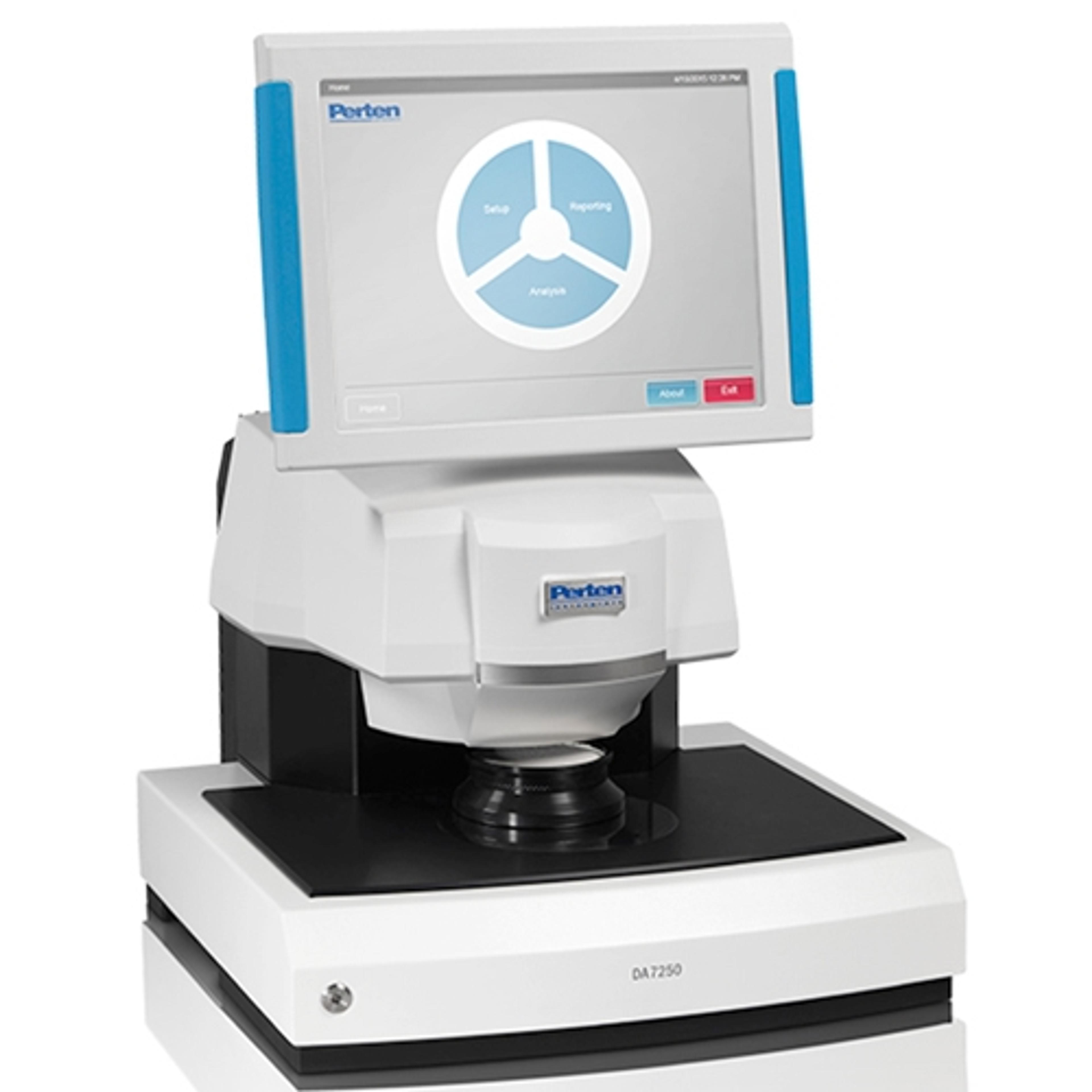‘Challenges are easier to overcome if you collaborate’
Marian Burducea discusses the main challenges encountered by a young researcher and the crucial need for science collaboration in a post-pandemic world
18 Nov 2021

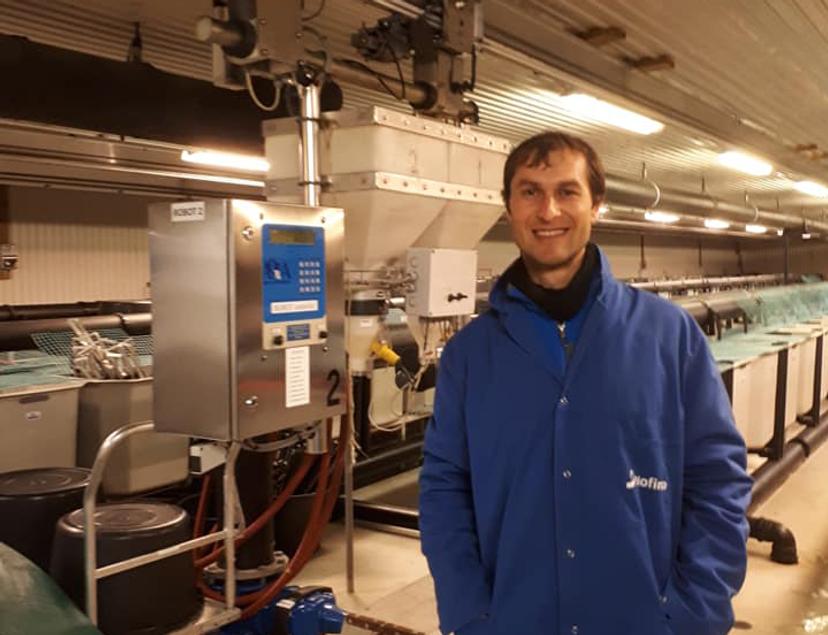
Lab product reviews can change the world by helping other scientists find the best equipment to accelerate their vital work. Here at SelectScience®, we are dedicated to promoting peer-to-peer communication that will make the difference - but we couldn't do it without our esteemed reviewers. In this regular feature, we put the spotlight on some of our most dedicated and impactful reviewers and find out what inspires them to keep sharing their knowledge with the global scientific community.
This week’s Reviewer in the Spotlight is Marian Burducea, scientific researcher at the Alexandru Ioan Cuza University. An experienced researcher with a passion for aquaculture and sustainability, Marian tells us about his short-term and long-term career goals and the importance of clear scientific communication.
Tell us a bit about yourself and your Ph.D.
I am currently a scientific researcher at the Research and Development Station for Aquaculture and Aquatic Ecology at the Alexandru Ioan Cuza University. I started my doctoral studies in 2013 and finished in 2018 at the same university, under the guidance of Prof. Maria Magdalena Zamfirache, whom I thank for all the support given. We focused on the use of sewage sludge in the improvement of eroded soils and the cultivation of basil varieties.
We started from two major problems in Romania: The management of large quantities of sewage sludge that are currently mainly stored on platforms, and the problem of soil erosion. Through our studies, we have shown that the sludge has a relatively low content of heavy metals being compliant in terms of legislation for agriculture use. The quality of the eroded soil improved after sludge application due to the high content of organic matter, which allowed the optimal growth of basil without phytotoxic effects. The advantage of using basil in such experiments is that the product of economic interest is the essential oil, which eliminates any risk that the consumption of sludge-fertilized plants could have on humans.
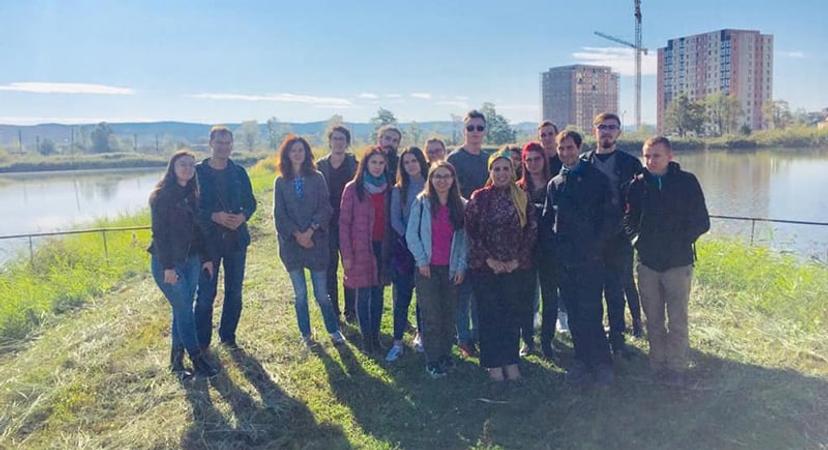
What inspired you to pursue a scientific career?
I am very curious, and I have always liked to do something constructive for society so that it becomes as inclusive as possible. At the same time, I like the idea of being involved in making the planet a healthier environment. In addition, my brother Ion Burducea, a physicist in the field of particle accelerators, is a role model for me — his passion and dedication to research inspire me.
The pandemic has taught us that if we put our resources together, we can find solutions to the great problems that contemporary society faces
What are the main challenges you have encountered as a young researcher?
The challenges are numerous and often lead to burnout at the beginning of a research career. There is the principle ’funding follows the results’, which means that before applying for a grant you must do research without funding and therefore use money from your own pocket, publish the results and then apply to finance. It is a long road from experiment to publishing an article in a relevant journal.
Things get even more complicated if the journal is open access. In order to elucidate certain hypotheses, you must request access to methods available in other laboratories and sometimes colleagues say that they do not have reagents or time, etc. In general, the challenges are easier to overcome if you have a united team as I am lucky to have and if you collaborate with researchers from elite institutions, thus in 2018, we started collaborating with researchers from AgroBioInstitute, Bulgaria, and in 2019 with researchers from Nofima, Norway.
What do you think we can learn about the essential need for clear science communication post-pandemic?
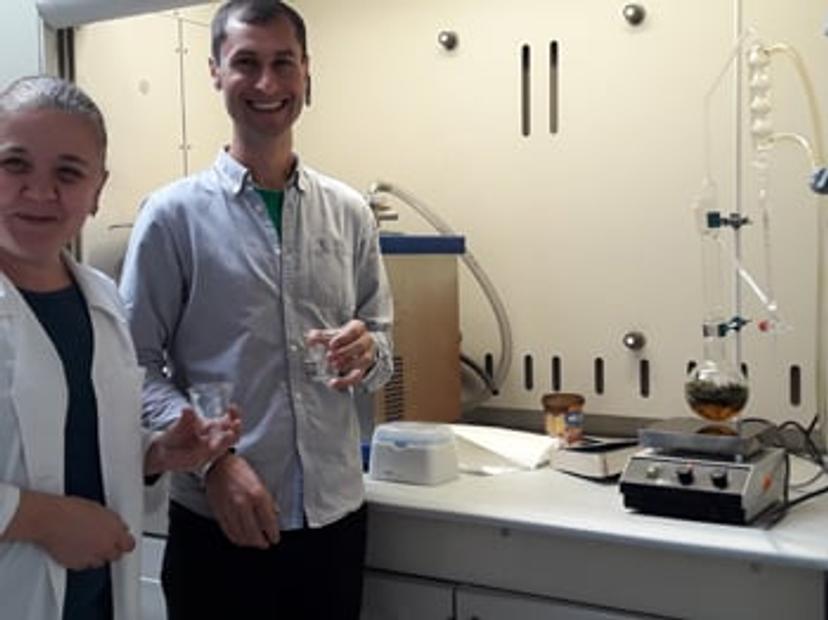
The pandemic has taught us that if we put resources together, whether it is information or funds, we can find solutions to the great problems that contemporary society faces. It is a paradigm shift from the past when secrecy was a real obstacle. Science communication is essential in this context, to facilitate the exchange of information, to promote the results, and also to encourage scientifically correct information in response to fake news. For me, the communication with researchers in the field helped me to find collaborators with whom I made friends, such as Dr. Valtcho D. Zheljazkov, from Oregon State University, and Dr. Ivayla Dincheva, from Agrobioinstitute. Thanks to their guidance I managed to publish in relevant journals for our field.
Why do you read and write lab product reviews?
I think it's a great opportunity to be able to read and write reviews about a particular piece of equipment. When you need feedback on a piece of equipment you want to buy, you can go on to SelectScience and find an answer. You can even find more suitable alternatives. You can do a review in the spirit of giving back and receiving.
What is the most innovative piece of lab equipment you use?
The most innovative equipment is our NIR analyzer (DA 7250 NIR) by PerkinElmer, which is capable of analyzing moisture, protein, fat, fiber, starch, etc., on various feeds, cereals, grits, oils, and meat products. It is a versatile piece of equipment that does not require reagents to be pre-calibrated from the factory. My advice for young researchers is that if they have the opportunity to buy equipment, to choose some that they can use even after the grant is completed. I think that at the beginning of any scientific career, it is good to have a more general approach in choosing research topics, in order to identify those topics that lead to the best results and to deepen research. In our case, the equipment we have is very useful for fish nutrition studies because we can make feed recipes with improved properties for fish, and we can also test the effect on the quality of meat.
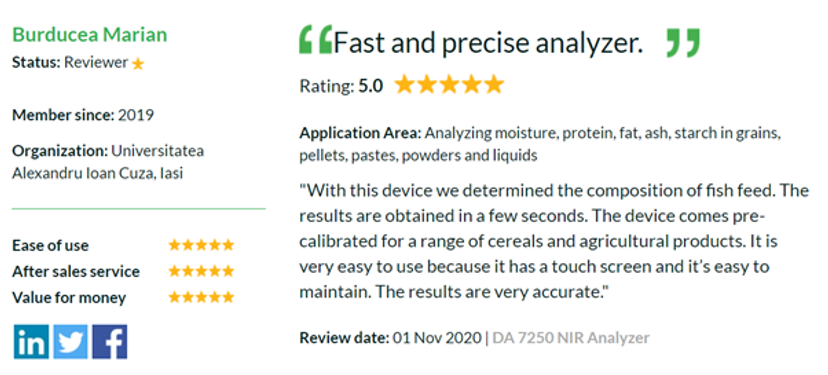
What are your short-term and long-term goals for your career?
In the short term, I want to combine my experience in plants with aquaculture by conducting experiments on aquaponics. I also plan on publishing several articles.
In the long term, I intend to move from experimental research to research that solves real problems, such as more sustainable production systems, double farm production, the use of digital, IoT systems and green energy to streamline the production process to contribute to ‘farm to fork’ objectives and sustainable development goals. To achieve these objectives, I plan on collaborating with leading institutions in the field by applying to postdoctoral and Horizon Europe research projects.
Would you like to feature in our Reviewer Spotlight? Write your review here to be in with a chance >>

